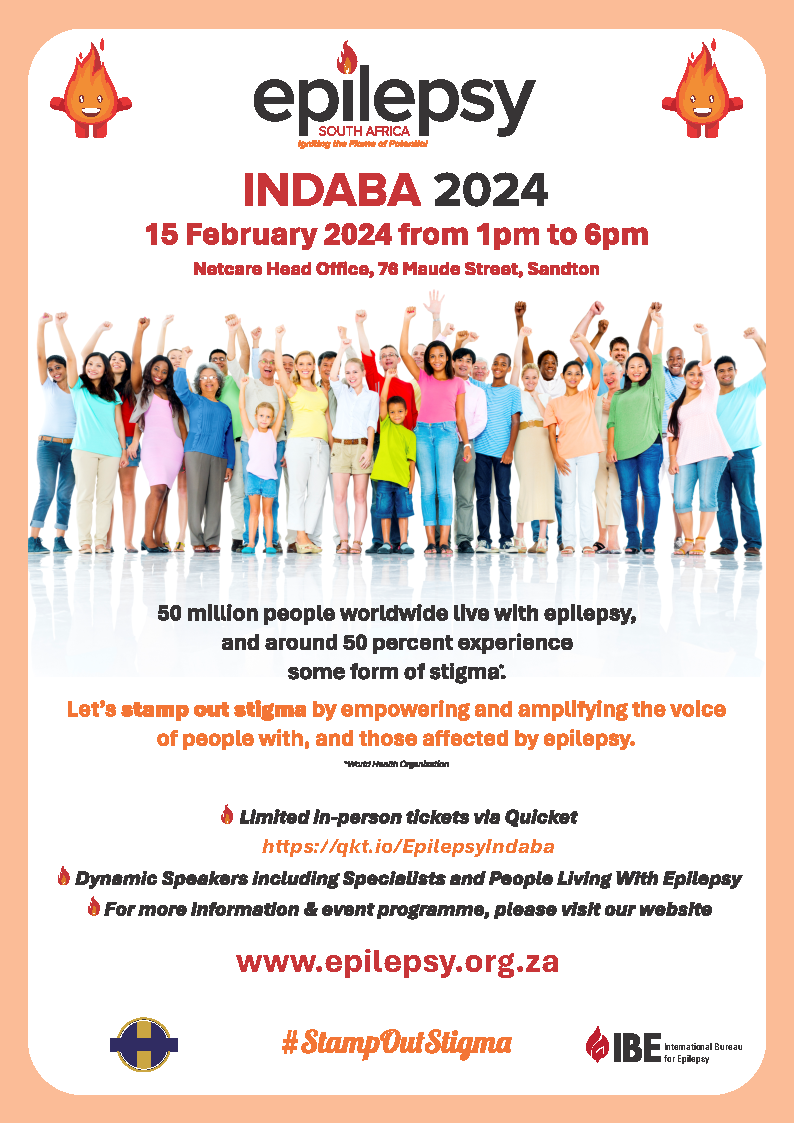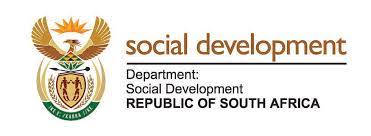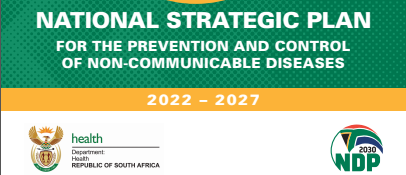Epilepsy Indaba



Spotlight Editorial 24 Jan 2024 https://bit.ly/3SwSdLt
South Africa is barrelling towards its most consequential and most competitive national and provincial elections since 1994, expected to take place in May. That the ANC’s share of the vote, will be further eroded this year seems inevitable, given ongoing power cuts, failing railways, water management problems, high crime rates, and dysfunctional basic education and public health systems.
Covering elections is tricky at the best of times for media houses. At Spotlight, we plan to follow the advice of Jay Rosen, journalism professor at New York University, to focus on reporting “not the odds, but the stakes”. As far as the odds does go, however, it seems likely that the ANC – alone or in coalition – will govern nationally, but they could lose power in the country’s two most populus provinces, Gauteng and KwaZulu-Natal.
The stakes in these two provinces could not be higher when it comes to healthcare. The day-to-day running of our public healthcare system is after all the domain of provincial health departments.
Limping from crisis to crisis
Take Gauteng. From alleged health department corruption worth more than R1.2 billion in 2007/2008, to the Life Esidemini tragedy of 2016, to more recent issues such as the lacklustre response to alleged corruption at Tembisa Hospital, ongoing problems with food and security contracts, and the persecution of whistleblowers like Dr Tim de Maayer, the province’s health department has stumbled from crisis to crisis under the ANC for well over a decade now. New starts under new members of the executive council (MECs) and heads of department have been a dime a dozen, but if anything, the quality of governance has decayed over time. What is at stake is literally basics like whether there is sufficient food available for people in hospital.
There is, of course, no guarantee that this atrocious situation will be turned around if, for instance, a multi-party coalition of the DA, Action SA and others run the province – but the prospect of such a change certainly is intriguing. Just imagine the DA’s Jack Bloom having a go as Gauteng’s MEC for Health after decades of holding other MECs and heads of department to account from the sidelines.
The future of NHI
The year’s other headlining health story seems set to again be National Health Insurance (NHI), which promises healthcare for all – employed or unemployed – South Africans, permanent residents, refugees, inmates, and specific categories of foreign nationals. After making it through parliament at the end of last year, the NHI Bill is likely to be signed into law by President Cyril Ramaphosa any day now. Much of the bill won’t come into effect for quite some time, and we are sure to see several court cases challenging its constitutionality. There is also an outside chance that later this year the balance of power in parliament could shift against NHI, or at least certain elements of NHI. It is not too much of a stretch to say the future of NHI is one of several important things on the line at the ballot box.
Also at stake in the elections is government’s response to seemingly intractable problems like South Africa’s shortage of healthcare workers, budget shortfalls, and health sector corruption. It would be naïve to think a change in power will solve these problems overnight – much of the world is struggling with shortages of healthcare workers and South Africa’s budget restraints are all too real, but some will argue that a change in power may nevertheless be a necessary first step given the extent to which all three of these issues have been allowed to drift in recent years. There is certainly an argument to be made that the current lack of progress is rooted in a lack of state capacity and that the lack of state capacity, in turn, is a consequence of the ANC’s explicit policy of cadre deployment.
Whether or not voters again back the ANC, some specific questions should provide a good gauge of progress in 2024. Will we finally see convictions for the alleged corruption uncovered by public servant Babita Deokaran? Will government publish an implementation plan for addressing our healthcare worker crisis (we already have a good strategy) and, this is the key, put money and political capital behind its implementation? Will the new parliament pass a good State Liability Bill (which could help reduce the state’s liability for medico-legal claims) and finally get round to amending South Africa’s Patents Act to better balance medicine monopolies with the right to health (as set out in a policy adopted by cabinet back in 2018)? Will the establishment of the National Public Health Institute of South Africa remain stalled? Will government continue to ignore recommendations from the Competition Commission’s Health Market Inquiry on how to better regulate private healthcare in South Africa (the commission’s very impressive report was published in 2019)? Will the new health MECs and heads of provincial health departments appointed after the elections bring real change?
HIV, TB and NCDs
The National Department of Health has generally produced good HIV and tuberculosis (TB) policy over the last decade or so. In some respects, those policies have been well implemented – think the massive amount of HIV testing done in the country, in other respects they have been undermined by the general dysfunction in the public healthcare system – think long queues, staff shortages, and poor TB screening and infection control. Some innovations, like pills to prevent HIV or new TB treatments, could have been rolled out more quickly and better marketed to users.
At stake in the elections is thus not so much whether we produce good policies in areas such as HIV, TB and non-communicable diseases (NCDs), but whether we will get the leadership we need to ensure better and faster implementation of those policies.
On the HIV front, we will be keeping a close eye this year on the ongoing rollout of HIV prevention pills. While the rollout has gathered some momentum in recent years, the pills are generally still too hard to get hold of for those who could most benefit from it. Pilot projects should shed light on how to best make breakthrough new HIV prevention injections available in South Africa, but the high price of these injections is likely to mean the many young women who could most benefit from it won’t be able to get it.
New HIV figures from Thembisa, the leading mathematical model of HIV in South Africa, will be keenly watched this year since it will integrate recent findings from the Human Sciences Research Council (HSRC) survey (which contained some unexpectedly positive numbers). On the negative side, the HSRC survey also indicated that condom use was significantly down in 2022 compared to 2017 – this while a recent HIV investment case found that condoms are the only cost-saving HIV intervention for the health system. Either way, the extent to which condoms are made easily available will remain an important measure of government’s commitment to fighting HIV, both now and after the elections.
Last year, we saw significant changes in how TB is tested for and treated in South Africa. In short, many more people became eligible for TB tests and eligibility for TB preventive therapy was dramatically expanded. How impactful these new policies will be this year will depend on how well they are implemented, which again brings us back to the ongoing problems of healthcare worker shortages and a lack of management capacity in most of our provincial health departments. Maybe then, in a context of generally reasonable HIV and TB policy, what matters is not so much what different political parties have to offer on these diseases specifically, but what they can do to improve the functioning of our healthcare system more generally.
That said, one notable thing with TB is that, despite South Africa having often made good TB policy and having played an important role in raising the profile of TB at the United Nations, TB has never really become a political or elections issue here in the way one might expect from a disease that claims over 50 000 lives, of mostly poor people, in the country per year. So far, there is no indication that any political parties are set to change this in 2024.
Finally, while the long-term trends with HIV and TB are downward, the trend with non-communicable diseases (NCDs) like diabetes and hypertension in South Africa is in the opposite direction. Government has set HIV-style diabetes and hypertension targets and published a national plan, but again there are serious questions about whether these plans will be implemented and whether the public health system has the capacity to offer the levels of testing, treatment and care that is required. Meanwhile, breakthrough weight loss medicines that made headlines in 2023 are likely to remain out of reach for most people in South Africa and interventions like the sugar tax will remain highly contested before and after the elections.
Whatever happens at the ballot box, one thing is clear, given the rising NCD threat, healthcare worker shortages, budget shortfalls, and endemic corruption, whoever is in power nationally and provincially after this year’s elections will have their work cut out for them. While we will not endorse any political parties at Spotlight, we do urge voters to consider what is at stake in these elections when it comes to healthcare. Part of the picture will of course be painted by political party manifestos (which we will analyse in detail in the coming months), but as important as the policies, is the track record of what parties have done when they’ve held power. Whether in Gauteng, the Western Cape, or nationally, voters will hopefully send a clear message on whether or not they think those currently in power are on the right track.
*Low is editor of Spotlight.

Comment by 10 December 2023
Policy objectives :

Non-communicable diseases (NCDs) appear to be rising in priority for the first time in more than two decades since the publication of the South African National Development Plan (NDP). The recent NDP 10-year review seems to frame NCDs in a different light by making this recommendation:O
Department of Health should implement the legislative and regulatory interventions recommended by the Strategic Plan for the Prevention and Control of Non-Communicable Diseases.” page 39

The recommendation appears to open the way for a national policy shift, moving NCDs out of the rut that considers them solely lifestyle conditions managed by a mixture of behaviour changes with a mix of policy and fiscal measures. This NDP framing institutionalised the limited allocation of national budget resources for NCDs interventions officially sanctioned as primordial and primary prevention. In reality, it resulted in NCD denialism despite them being the leading cause of death in South Africa since 2009, once ARVs impacted the tragic and callous loss of life due to HIV.
The use of the term lifestyle conditions is unacceptable for the HIV and TB community. People living with NCDs+ find it equally demeaning as it places the responsibility mainly on the person to live a better life.This bogus notion disregards the wider or social determinants of health and a public health system that fails to prevent and treat NCDs in a comprehensive way in all primary care facilities.
Very little changed for 20 years with subsequent NDP iterations of health priorties which continue to feature the Millennium Development Agenda identified conditions and South Africa’s much delayed and controversial version of universal health coverage. National Health Insurance (NHI) draft legislation focuses only finacial mechanism and fails to deal with quality and equity for NCDs and mental health.
Being a cynic in NCDs matters, when I look at policies I look first at the list of acronyms which usually feature up front. Very quickly I notice that the acronym NCDs does not appear in this standard feature South African policy documents. In most health-related policies, NCDs, the acronym, is missing with little or no mention within the policy and, unsurprisingly, even less action.
I made my first indicator of NCDs policy equity to be the inclusion of NCDs in the list of acronyms. Why? It give a snapshot of the framing from the perspective of the policymakers. So it is a huge milestone to have NCDs finally made the acronym indicator cut. NCDs has appear in this review and, be still my heart, in the recently update HIV/TB & STIs national strategic plan. Using the criterion in reverse, it is intriguing that neither HIV nor AIDS makes this list, but TB does. Perhaps is shows the extent to which HIV is institutionalised in South African society.
In a related victory, NCDs featured for the first time in the acronym list of the HIV, TB and STIs stratgic plan!
It took the South African NCDs+ Alliance 10 years and lots of activism to be included in the development of the NCDs+ National Strategic Plan. Real blood, sweat and tears stuff. We had to take extreme measures including delaying tactics and staking sham policy consultations. After 5 years of delays it was finally passed and launched last year. It does allow scope for increasing the priority of NCDs prevention and treatment. However, without futher clarification of the NDP review recommendation is nuanced. What do “legislative and regulatory interventions” mean? Is it just another way of maintaining the status quo?
Make this cynic think paranoid thoughts. Especially as the health minister and officials havent responded to letters for years. What do you think?
Parliament, Wednesday 15 March 2023 – The Portfolio Committee on Health was briefed by the Parliamentary Legal Services and the State Law Advisors on the National Health Insurance (NHI) Bill.
This committee briefing forms part of the legislative processes for the NHI Bill. The briefing forms part of the process the committee must undertake to ensure that the Bill goes through the proper parliamentary processes. The committee has conducted a public participation process of provincial and virtual public hearings. Following that, the committee received inputs from the Department of Health (which is the sponsor of the Bill) responding to the inputs and recommendations received during the public participation process. Thereafter, the committee conducted clause by clause deliberations of the Bill.
Committee Chairperson Dr Kenneth Jacobs said the briefing today provided the committee with a legal opinion on the Bill. Further engagement will resume next week when the members meet to discuss the legal practitioners’ input.